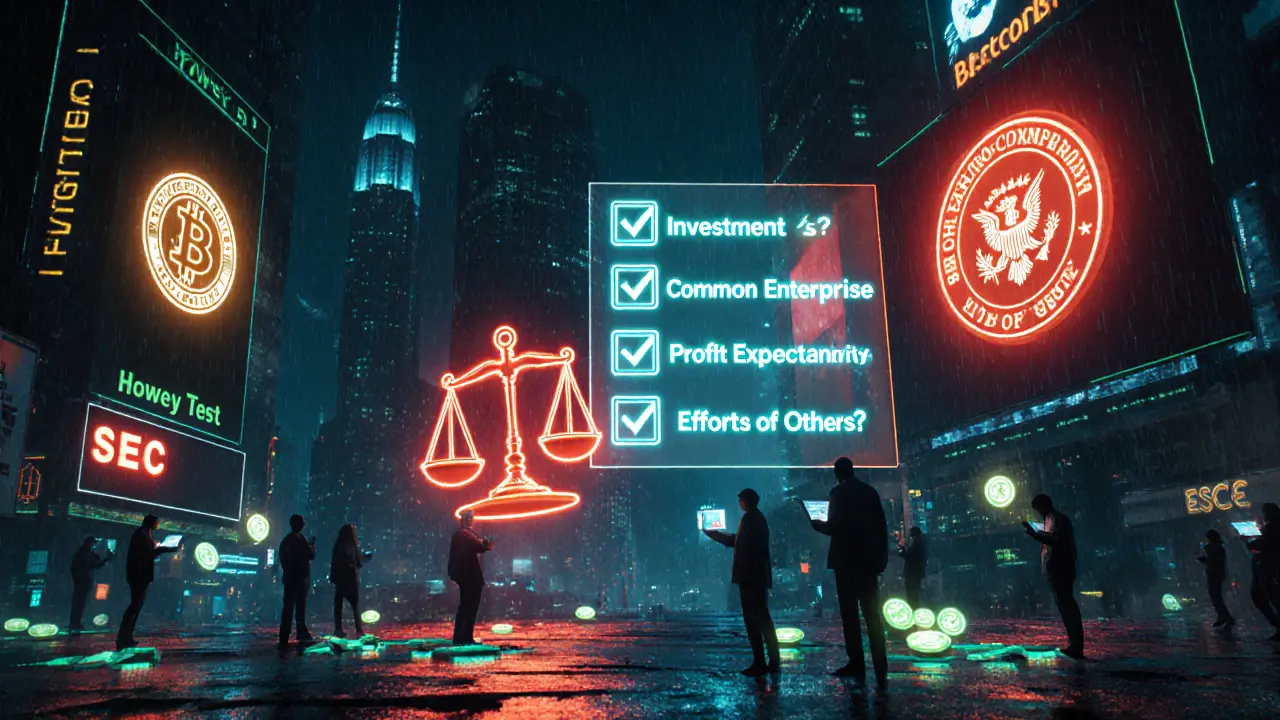The SEC's Howey Test determines if cryptocurrencies are securities. Learn how it works, which tokens are affected, and what it means for investors and developers in 2025.
Read MoreCrypto Securities: What They Are, How They Work, and Where to Watch Them
When people talk about crypto securities, digital assets that meet legal criteria of investment contracts under securities law. Also known as tokenized securities, they behave more like stocks than Bitcoin—subject to oversight, reporting, and investor protections. Unlike meme coins or utility tokens, crypto securities are designed to represent ownership, profit-sharing, or debt. That’s why regulators in the U.S., EU, and elsewhere treat them like traditional stocks—because they are, in practice, the same thing, just on a blockchain.
These assets require blockchain compliance, the process of tracking and verifying transactions to meet anti-money laundering and know-your-customer rules. Platforms that issue or trade them must verify users, log every transfer, and report suspicious activity. That’s why exchanges like Bitstamp and BEQUANT shifted toward institutional models—they couldn’t survive without following these rules. Meanwhile, decentralized exchange, a peer-to-peer trading platform that doesn’t hold users’ funds platforms like PancakeSwap or AstroSwap avoid securities laws by design—they don’t list assets that qualify as securities. But when a project tries to sell tokens promising future profits, regulators step in fast. Look at the CPO Cryptopolis and EVA airdrop claims: most are scams pretending to be securities, luring people with fake promises of returns.
The line between a coin and a security isn’t always clear, but the consequences are. If you’re trading something that’s marketed as an investment—with team promises, roadmap goals, or profit splits—you’re likely dealing with a crypto security. That means it’s subject to crypto regulations, laws that vary by country and dictate how tokens can be issued, sold, and traded. In the U.S., states like New York demand a BitLicense. In the UAE, VARA licenses make it legal to trade compliant tokens. In Malta, you can pay 0% tax if you structure it right. But in Iraq or Russia, mining or trading might be banned outright. These rules shape what’s available, where you can trade, and how safe your money is.
What you’ll find here isn’t hype. It’s real analysis: why some exchanges get shut down, how cross-chain monitoring catches fraud, what happens when a country bans crypto mining, and how leverage can wipe out your position overnight. These aren’t theoretical topics—they’re daily realities for anyone dealing with crypto securities. Whether you’re trying to spot a scam, understand compliance, or just avoid losing money, the posts below give you the facts—no fluff, no promises, just what’s actually happening.
